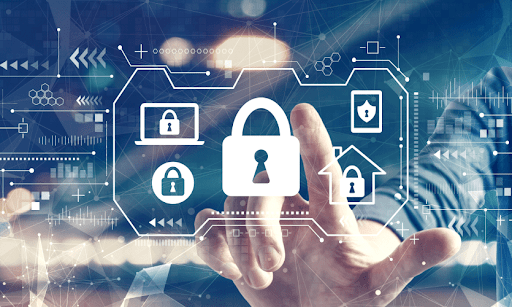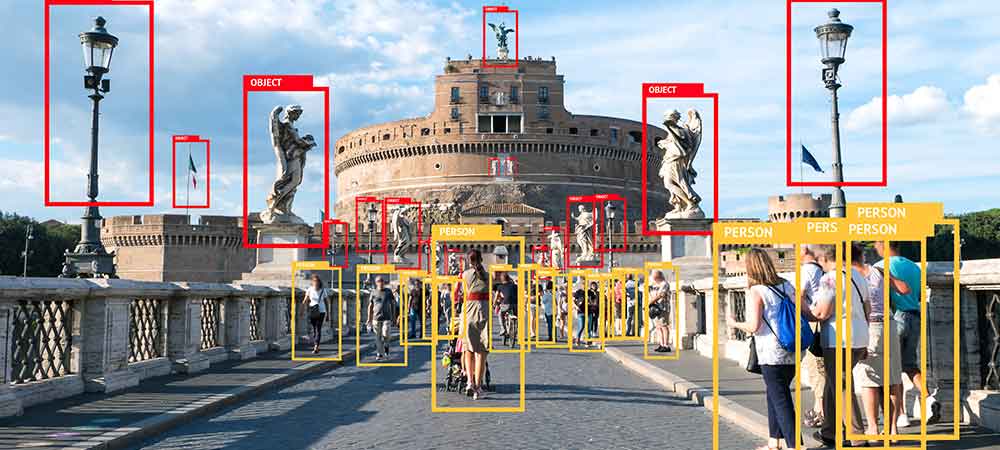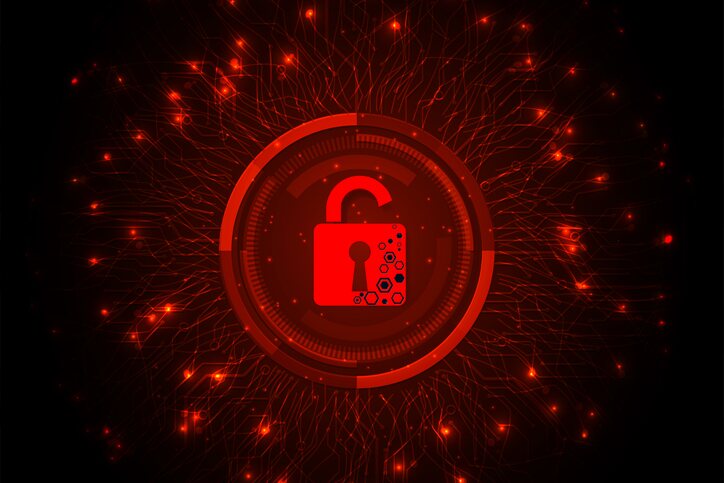Cyber Security For Leadership
Free Cyber Security for Leadership Course
Learn about the realm of cyber security and why it is critical for leaders to address cyber security issues. This free Cyber Security for Leaders course will teach you about different cyber attacks, threats and strategies needed.
What you learn in Cyber Security For Leadership ?
About this Free Certificate Course
With the entire world shifting to digital platforms, it becomes increasingly essential for us to maintain our privacy and stay protected from hackers or the dark web; with rising cases of cyber crimes across different regions of the world, safeguarding intellectual property. Financial information and a company's reputation are now fundamental to business strategy. Being aware of phishing crimes that may end up in people losing a lot of money and personal information is a must to know in this digital world. Cybersecurity sounds hard, yet it is one of the most trending topics in the industry. Hence, every individual part of the cybersecurity domain or a cybersecurity aspirant needs to be updated with the latest trends. So, we are here to bring you a complete course on knowing cyberspaces in-depth, the threats involved, steps to make your organisation safe from any cyber-attacks, and knowing the hackers' mindset.
Explore our Cybersecurity Courses today.
Course Outline
With this course, you get
Free lifetime access
Learn anytime, anywhere
Completion Certificate
Stand out to your professional network
1.0 Hours
of self-paced video lectures
Frequently Asked Questions
Will I get a certificate after completing this Cyber Security for Leaders free course?
Yes, you will get a certificate of completion for Cyber Security for Leaders after completing all the modules and cracking the assessment. The assessment tests your knowledge of the subject and badges your skills.
How much does this Cyber Security for Leaders course cost?
It is an entirely free course from Great Learning Academy. Anyone interested in learning the basics of Cyber Security for Leaders can get started with this course.
Is there any limit on how many times I can take this free course?
Once you enroll in the Cyber Security for Leaders course, you have lifetime access to it. So, you can log in anytime and learn it for free online.
Can I sign up for multiple courses from Great Learning Academy at the same time?
Yes, you can enroll in as many courses as you want from Great Learning Academy. There is no limit to the number of courses you can enroll in at once, but since the courses offered by Great Learning Academy are free, we suggest you learn one by one to get the best out of the subject.
Why choose Great Learning Academy for this free Cyber Security for Leaders course?
Great Learning Academy provides this Cyber Security for Leaders course for free online. The course is self-paced and helps you understand various topics that fall under the subject with solved problems and demonstrated examples. The course is carefully designed, keeping in mind to cater to both beginners and professionals, and is delivered by subject experts. Great Learning is a global ed-tech platform dedicated to developing competent professionals. Great Learning Academy is an initiative by Great Learning that offers in-demand free online courses to help people advance in their jobs. More than 5 million learners from 140 countries have benefited from Great Learning Academy's free online courses with certificates. It is a one-stop place for all of a learner's goals.
Success stories
Can Great Learning Academy courses help your career? Our learners tell us how.And thousands more such success stories..
Related Cyber Security Courses
Popular Upskilling Programs
Explore new and trending free online courses
Relevant Career Paths >
Cyber Security For Leadership
In today's hyperconnected world, where organizations rely heavily on technology to operate efficiently and compete in the global marketplace, cybersecurity has become a paramount concern for leadership. The digital landscape is fraught with risks, from data breaches to cyberattacks that can cripple businesses and damage reputations. As a result, leaders must prioritize cybersecurity as an integral part of their strategic planning and decision-making processes.
Understanding the Threat Landscape: Leaders must first grasp the evolving threat landscape. Cyberattacks have grown increasingly sophisticated, ranging from ransomware attacks that encrypt critical data to phishing campaigns that target unsuspecting employees. Hackers, state-sponsored actors, and criminal organizations continually adapt to exploit vulnerabilities in systems, making it essential for leaders to stay informed about emerging threats and vulnerabilities.
Creating a Culture of Cybersecurity: Leaders must foster a culture of cybersecurity within their organizations. This involves not only implementing robust security measures but also instilling a sense of responsibility among employees. Cybersecurity should be viewed as everyone's responsibility, from the executive team to front-line staff. Regular training and awareness programs can help employees recognize and respond to potential threats effectively.
Risk Assessment and Mitigation: Leaders should conduct thorough risk assessments to identify vulnerabilities and potential attack vectors within their organizations. By understanding the risks, they can prioritize investments in cybersecurity measures that provide the most significant impact. Cyber insurance can also be a valuable tool for mitigating the financial fallout of a cyber incident.
Investing in Cybersecurity: Effective cybersecurity requires investments in technology, talent, and processes. Leaders should allocate sufficient resources to bolster their organization's defenses. This may include investing in state-of-the-art security technologies, hiring skilled cybersecurity professionals, and developing robust incident response plans.
Collaboration and Information Sharing: Cybersecurity is not solely an internal concern. Leaders should foster collaboration and information sharing within their industry and with government agencies. Sharing threat intelligence and best practices can help organizations collectively defend against cyber threats. Government partnerships can also provide access to resources and expertise for tackling cyber threats at a national level.
Compliance and Regulation: Leaders must also navigate the complex landscape of cybersecurity regulations and compliance standards, which vary by industry and location. Ensuring that the organization meets these requirements is crucial to avoid legal repercussions and reputational damage. Compliance should not be seen as a mere box-ticking exercise but as a means to strengthen cybersecurity.
Continuous Monitoring and Adaptation: The cybersecurity landscape is in constant flux, and organizations must continuously monitor and adapt to new threats. Leaders should establish mechanisms for real-time threat monitoring and incident response. Regularly reviewing and updating cybersecurity policies and procedures is essential to remain resilient against evolving threats.
Transparency and Communication: In the event of a cyber incident, leaders must adopt a transparent and proactive communication strategy. Rapidly disclosing the incident to affected parties, including customers and stakeholders, builds trust and can mitigate reputational damage. Clear communication also extends to internal stakeholders, ensuring that everyone is on the same page during a crisis.
Conclusion: Cybersecurity is no longer just an IT issue; it is a strategic imperative for leadership. Organizations that prioritize cybersecurity and view it as a fundamental aspect of their business strategy are better equipped to protect their assets, reputation, and customer trust. By understanding the threat landscape, fostering a culture of cybersecurity, investing in the right resources, and collaborating with industry peers and government agencies, leaders can navigate the digital frontier with confidence and resilience. In today's interconnected world, the question is not whether an organization will face a cyber threat but how well-prepared it is to respond when the inevitable occurs.














































.jpg)







